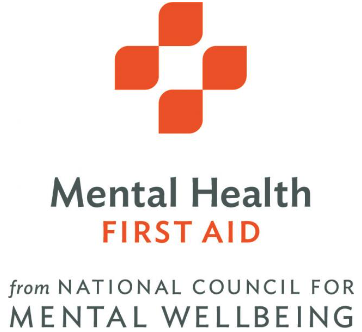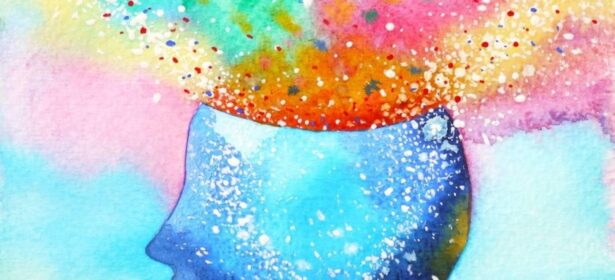As we continue through the winter season, the cold and dark becomes an ever-present factor in our daily mental health. The Student Health and Counseling Center (SHCC) has some helpful tips to keep in mind to prioritize our students’ wellbeing. For the past several years our full-time counseling staff has been engaged in a variety of groups and training to keep our students on the right path to academic success, none more important than our Mental Health First Aid training. The Mental Health First Aid training, put on monthly (on average) by trained members of our counseling staff, teaches participants to recognize the signs and symptoms of a mental health challenge, as well as effective ways to interact with someone experiencing such challenges. We highly recommend that all teachers, supervisors, affiliates of the university system and students become well acquainted with this training. Until then, here are some important things to remember when working with our students.

Observation of our students is an important component of early intervention, and early intervention is key to positive outcomes. If you notice a student who is falling behind in class work, missing class frequently, their submissions have become of poorer quality to their traditional work, hygiene is poor, and/ or their overall appearance has declined, these are all observations that should lead to a check-in with the student.
In Mental Health First Aid, we practice the steps called ALGEE to assist someone experiencing a mental health challenge. These steps are:
A: Assess for risk of suicide or harm.
L: Listen non-judgmentally.
G: Give reassurance and information.
E: Encourage appropriate professional help.
E: Encourage self-help and other support strategies.
Mental Health First Aid (MHFA) teaches participants how to identify, understand and respond to signs of mental health and substance use challenges among adults. Participants will build the skills and confidence needed to reach out and provide initial support to those who are struggling. You’ll also learn how to help connect them to appropriate support. After our course you will be better able to recognize common signs and symptoms of mental health challenges and symptoms of substance use, understand how to interact with a person in crisis, know how/where to connect a person with help, and use self-care tools and techniques.
Mental Health First Aid classes are typically held on Thursday and Friday mornings, from 9-1pm. This is a two day course with pre-work required to attend the class, as well as a small fee that covers the cost to teach the class. The pre-work is designed to assess your knowledge of mental health challenges prior to taking the course and also provides helpful handouts and guides we will utilize during the course. The pre-work can take a couple of hours to complete so we encourage participants to make time to finish well in advance of the class. Participants will be unable to attend the two-day course if pre-work is not completed. This is to maintain the integrity of the program. We are now holding Mental Health First Aid classes in person which has been very exciting for us!
Mental Health First Aid covers a variety of sensitive topics, such as panic attacks, grief and loss, suicidal thoughts and behaviors, substance use and psychosis. Some of these topics may touch participants personally. While we encourage participation in all aspects of the course (this makes it much more interactive and a better learning experience), we also understand that sometimes participants need to step away. That is ok! We encourage participants to take care of themselves throughout the course and participate as they feel comfortable. We have received wonderful feedback from our courses and find it to be very valuable information, not just for students, but for our coworkers, our communities, our families and our friends.
If you are interested in attending a Mental Health First Aid training, you can check this link for upcoming dates. We will be adding dates for the Spring semester soon. If you have any questions about this training, please contact Kiana Carr, LMFT or Sarah Jensen, LCSW at 907-474-7043 or uaf-sh-cc@alaska.edu.
Kendall Ross
Kendall Ross is pursuing a Doctorate in Counseling Psychology from Alaska Pacific University. She is currently completing her practicum internship with the Student Health and Counseling Center at UAF. Kendall is a prior graduate from UAF, with a B.A. and M.A. in Criminal Justice, and is a licensed Chemical Dependency Counselor II with the State of Alaska and Wisconsin.
Kiana Carr
Kiana Carr is a Licensed Marriage and Family Therapist (LMFT) with over 15 years of experience in the field of mental health. She earned her Master’s Degree at the Adler School of Professional Psychology in Chicago, IL. Kiana is originally from a small village north of the Arctic Circle and returned to Alaska in 2018 to work at the University of Alaska Fairbanks. Kiana holds licensure in the states of Alaska and California and has been an instructor in Mental Health First Aid since 2020.

